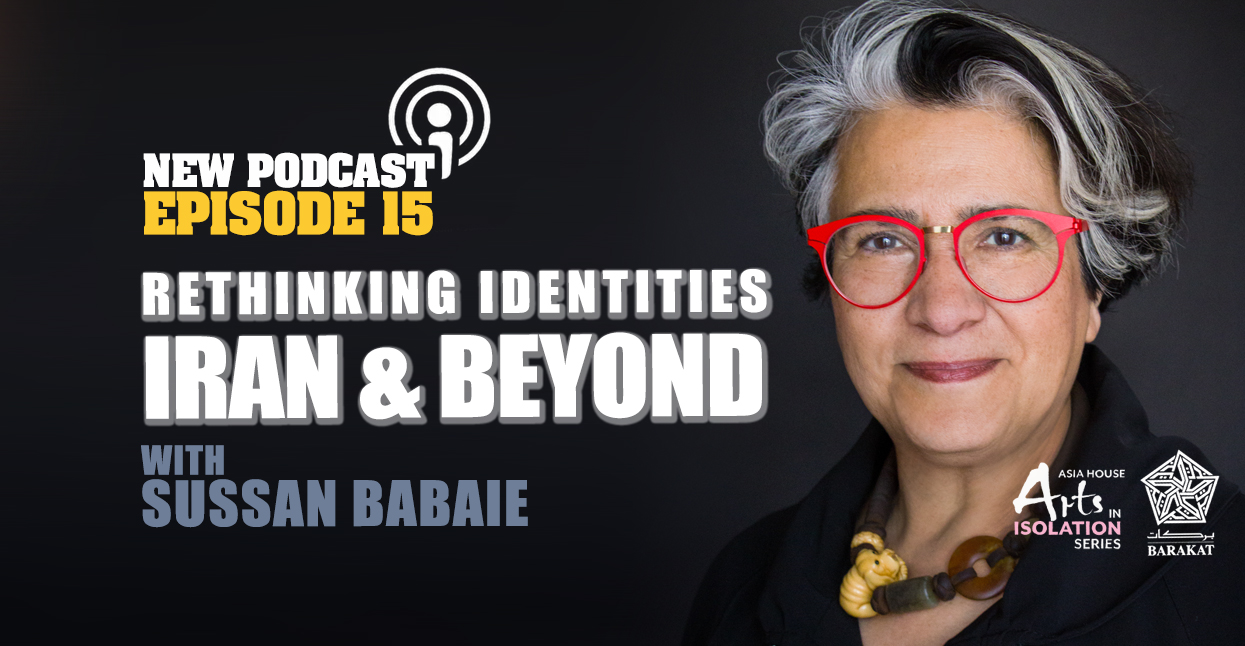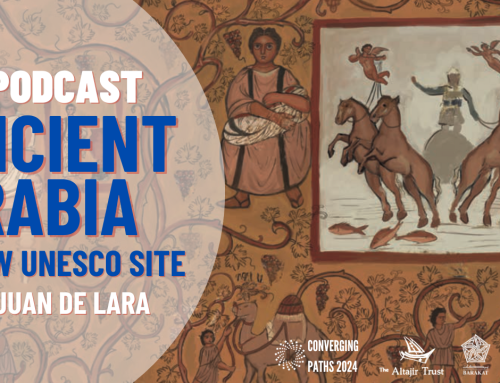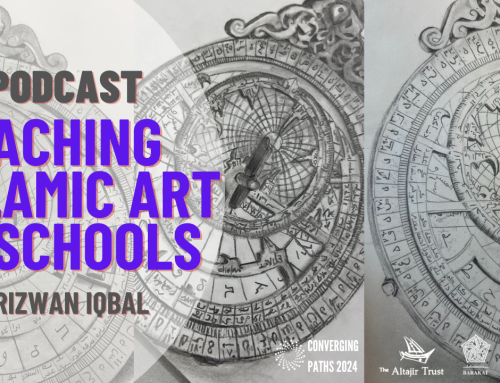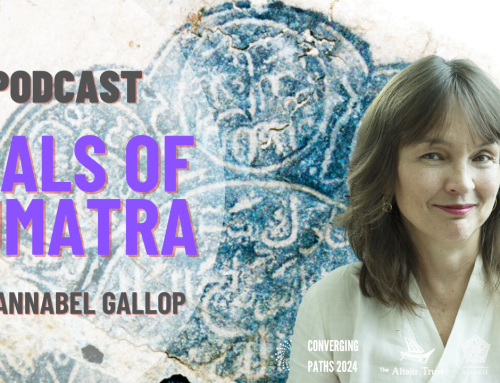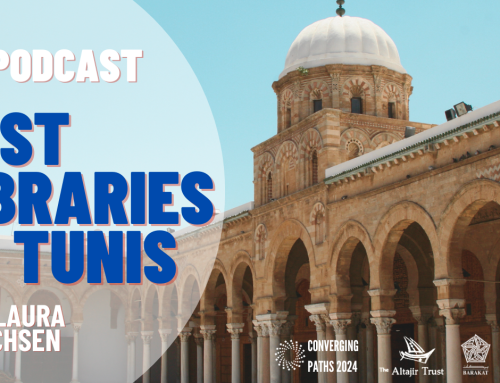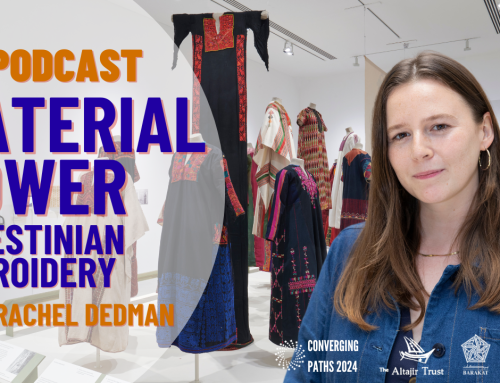Join Dr Sussan Babaie in an illuminating conversation about how we, as societies, deal with misconceptions and stereotypes regarding our own past and cultures. Dr Babaie uses the example of Iran to reflect on these and other issues such as identity, education and the rethinking of cultural boundaries.
Sussan Babaie is historian of art, specialising in the arts of Iran and Islam. Her diverse training—through Graphic Design (BA, Tehran University), the arts of the Italian Renaissance (MA, American University, Washington, DC), and Islamic Arts (PhD, Institute of Fine Arts, New York University)—have contributed to a wide range of approaches in her research and teaching. Her specialism on Persian arts and the early-modern Safavid art and architecture, is enhanced by research in topics in art history that consider trans-regional and cross-cultural issues. She has also written extensively about history and its utility for the study of contemporary arts of Iran and the Middle East.
Her exhibitions include the guest-curated Strolling in Isfahan, at the Sackler Museum of Harvard University (2010), and two exhibitions she curated with her undergraduate students at the University of Michigan Museum of Art (installation, 2002-2006), and at Smith College Museum of Art (1998).
She has consulted on Persian and Islamic arts with the Walters Art Museum, Baltimore, the Kelsey Museum of Archaeology, University of Michigan, the Portland Art Museum, Portland, Oregon, and the Detroit Institute of Art.
She is currently a faculty member at the Courtauld Institute of Art in London.
This podcast is part of Converging Paths and Arts In Isolation, a partnership with Asia House, kindly supported by the Altajir Trust, and the Aga Khan Trust for Culture’s Education Programme.

